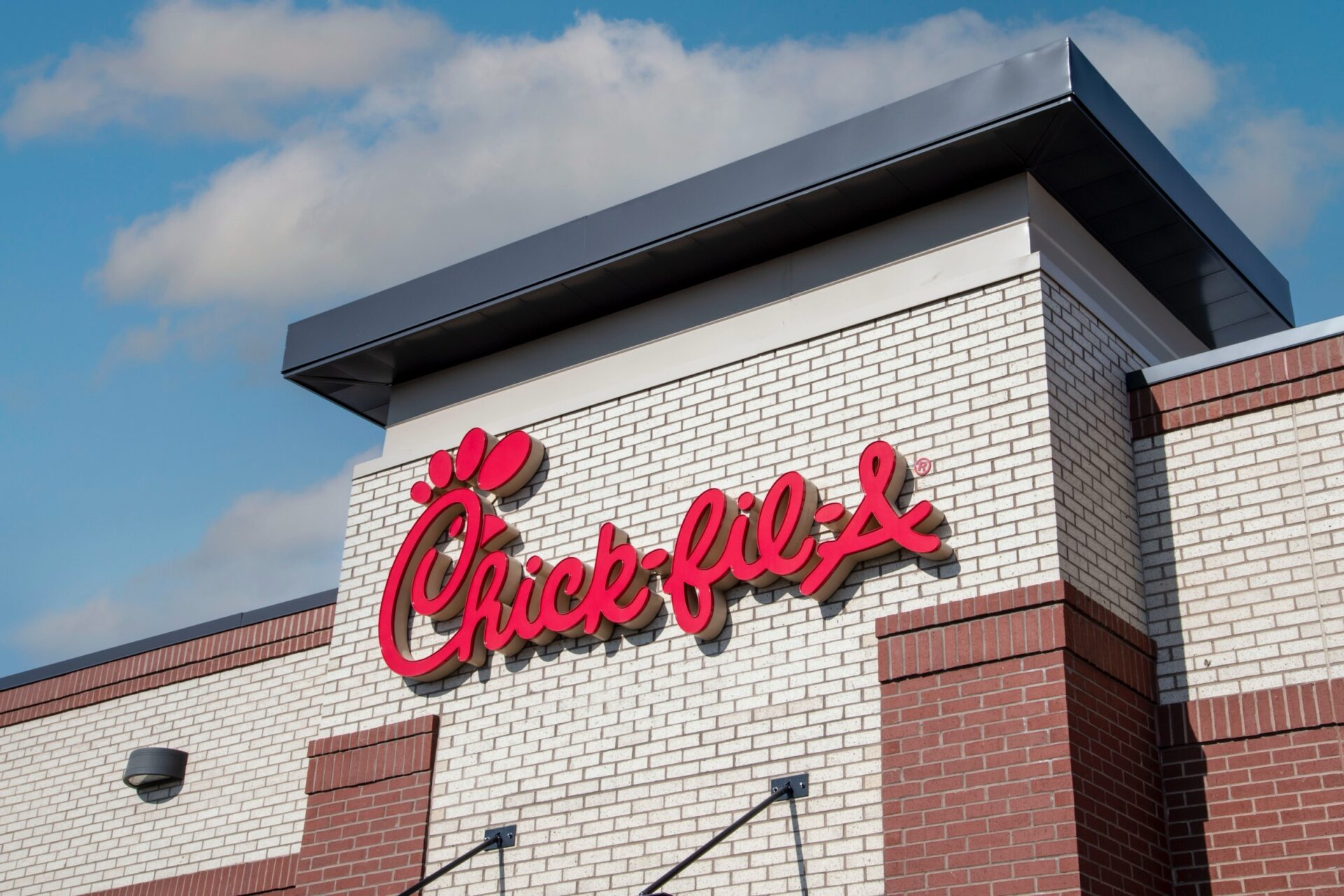
December 22, 2023
Chick-Fil-A May Be Forced To Open Sundays In New York City
A proposed law in New York has ignited a debate over Chick-fil-A's longstanding policy of closing on Sundays.
A proposed law in New York, known as the Rest Stop Restaurant Act, has ignited a debate over Chick-fil-A’s longstanding policy of closing on Sundays. The bill, proposed on Dec. 13, would mandate that all contracted food and beverage establishments along the New York State Thruway and Port Authority remain open seven days a week, potentially impacting Chick-fil-A locations managed by Irish convenience store chain Applegreen.
Applegreen, which took over leases of service areas from the Thruway Authority in 2021, currently operates seven Chick-fil-A outlets along its route, among other restaurants like Burger King, Starbucks, and Subway.
The bill argues that service areas dedicated to travelers should maximize public benefit, and having a restaurant remain closed for one-seventh of the week is deemed a disservice and inconvenience to travelers relying on these locations. The proposed legislation, if passed, would go into effect 30 days after approval.
“While there is nothing objectionable about a fast-food restaurant closing on a particular day of the week, service areas dedicated to travelers is an inappropriate location for such a restaurant,” the bill states.
Chick-fil-A, known for its unique franchise model where operators manage locations without owning them, has adhered to the tradition of closing on Sundays since its founder, Truett Cathy, decided in 1946. The practice is rooted in the founder’s desire to provide employees a dedicated day for rest, family time, or worship.
The proposed law raises questions about the clash between a corporation’s longstanding cultural practice and potential legislative requirements. Chick-fil-A’s distinct franchise structure, where operators act as managers, not owners, adds complexity to the situation.
As the bill awaits consideration in the New York State Assembly, the potential impact on Chick-fil-A’s operations sparked discussions about the intersection of corporate tradition, public policy, and the evolving landscape of food services along major travel routes. With more than 3,000 Chick-fil-A locations across 48 states, Puerto Rico, and Canada, the outcome of this legislative proposal could have broader implications for how businesses with unique operating practices navigate regulatory challenges.